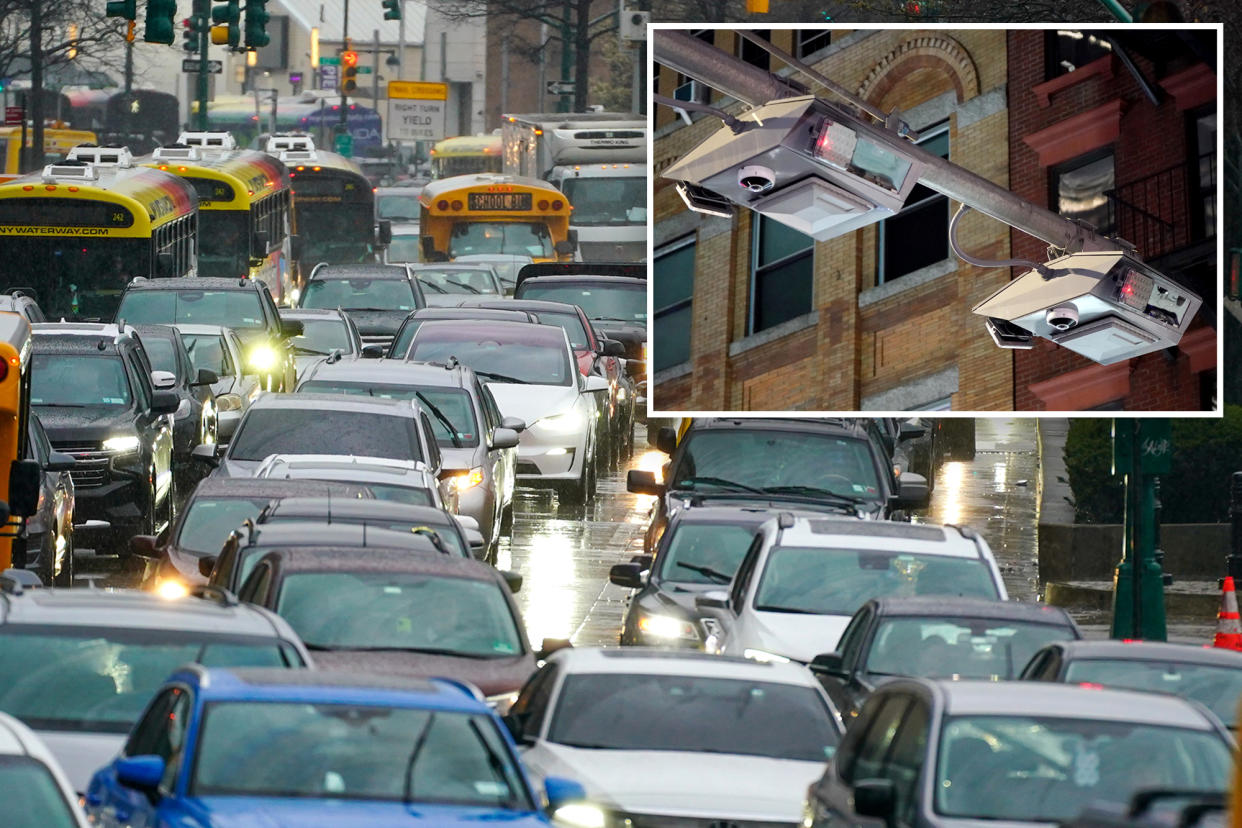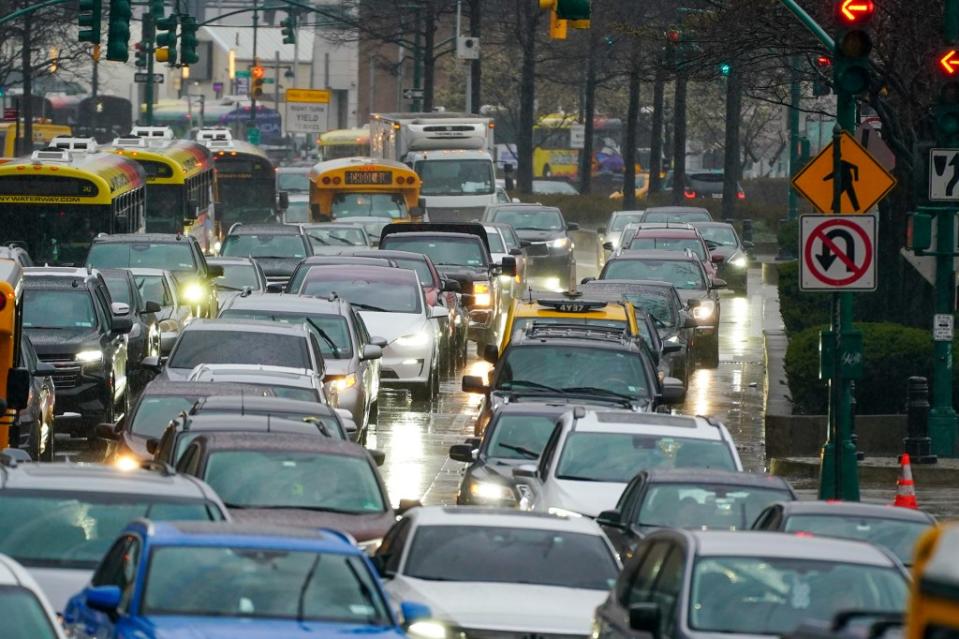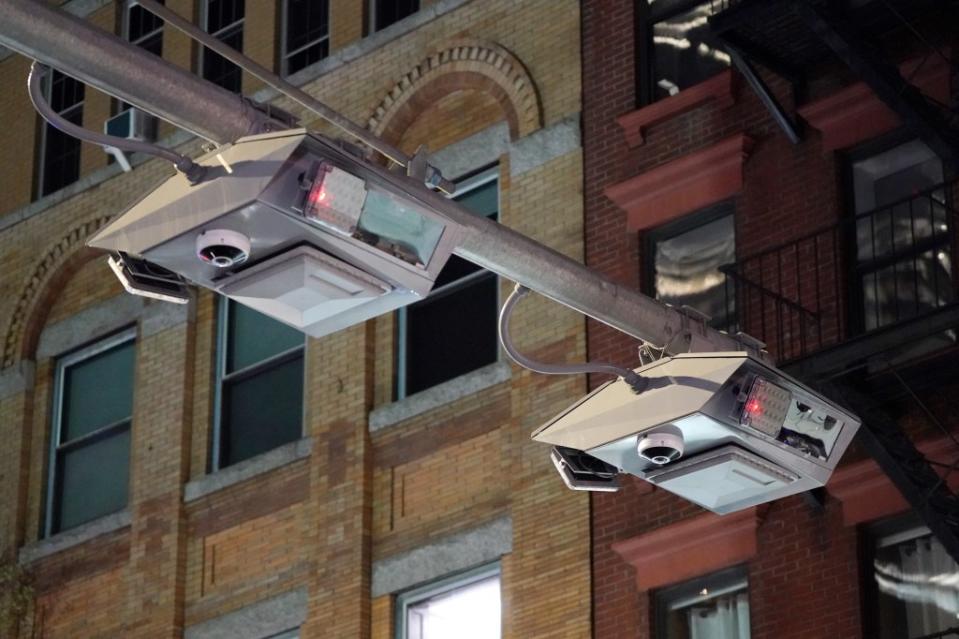MTA sets date for when $15 congestion pricing will go into effect

The MTA announced Friday that June 30 is the date that its controversial congestion pricing plan is set to go into effect.
The plan will make drivers pay $15 a day to enter Manhattan below 61st Street, with larger vehicles paying more.
Ostensibly meant to reduce vehicle traffic in Manhattan, congestion pricing could also generate over a billion dollars in much-needed revenue to patch up the MTA’s crumbling system.

The scheme, however, has faced strong opposition from suburban leaders and others who think it is a burdensome tax on drivers and its start date could still get pushed back as ongoing legal challenges play out in court.
New Jersey is suing in federal court arguing that the MTA’s assessment of the toll’s potential impact ignored Garden State drivers and didn’t account for some environmental impacts.
The powerful Big Apple teachers union, the United Federation of Teachers, UFT, is pushing another lawsuit to scrap the plan along with Staten Island Borough President Vito Fossela.
“It’s abhorrent that the MTA is ignoring the detrimental health impact congestion pricing will have on Staten Islanders,” state Sen. Jessica Scarcella-Spanton (D-Staten Island) wrote in a statement to the Post after the announcement. “
Their own study shows how this will negatively impact the air of Staten Islanders. Beyond the financial hardship this will place on my constituents, showing a blatant disregard for their health and well-being is reprehensible.”
Orange County state Sen. Jim Skoufis (D-Orange) is on the same lawsuit and pointed out the lack of reliable public transit alternatives for his constituents.

“These drivers are teachers, police officers, and sanitation workers,” Skoufis said. “They have a schedule to keep, and can’t be beholden to a wildly irregular train schedule with gaps of up to six hours throughout the day.”
Both Skoufis and Scarcella-Spanton broke with Democrats in voting for new nominees for the MTA board earlier this year over the issue.
UFT’s lawsuit is set to go be argued in court in mid-May.
Gov. Kathy Hochul has defended the plan despite recent polling showing around 63% of voters disapprove.

